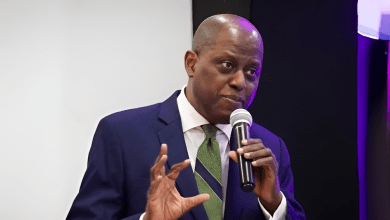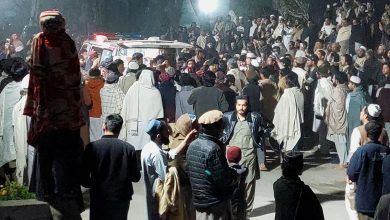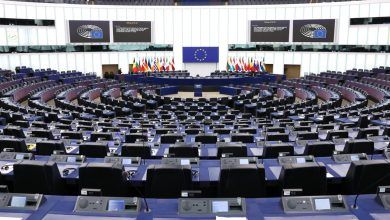
The Federal Government has announced a major milestone in its clean energy expansion agenda, revealing that the Rural Electrification Fund (REF) has attracted ₦5.8 billion in private sector investment. This is part of a broader effort to expand access to reliable and sustainable energy for underserved communities across Nigeria.
The Managing Director of the Rural Electrification Agency (REA), Abba Aliyu, disclosed this on Tuesday at the REF Call 3 Grant Award Signing Ceremony and Access to Finance Workshop held in Abuja. During the event, the agency formalized partnerships with 58 private companies to deploy solar mini-grids and solar home systems (SHS) nationwide.
Major Impact in Rural Energy Access
According to Aliyu represented at the event by REA Executive Director of Corporate Services, Ayoade Adegboyega REF’s interventions have led to:
- Deployment of 124 solar mini-grids
- Installation of 25,580+ solar home systems
- Empowerment of 18,013 micro, small, and medium enterprises (MSMEs)
- Installation of 16.6MW in renewable energy capacity
- Creation of over 26,000 jobs
- Avoidance of 91,720 tons of CO₂ emissions
“These are not just numbers,” Aliyu said. “They represent lives empowered, classrooms illuminated, health centers revived, and local economies activated.”
The REF has impacted 183 communities across all 36 states and the FCT, and continues to deepen its reach through initiatives such as the Interconnected Mini-grid Acceleration Scheme, Global Cleantech Innovation Programme, and De-risking Off-Grid Lighting Solutions.
REF Call 3: Expanding Impact and Urgency
The latest phase, REF Call 3, is designed to extend clean energy infrastructure to even more underserved rural areas, catalyzing productive energy use, especially in agriculture, women-led businesses, and MSMEs.
Aliyu urged participating developers to deliver projects within the one-year timeline, warning that delays such as those experienced in past programmes would no longer be tolerated.
“You are expected to meet all technical standards for both mini-grids and SHS components,” he said. “Proactive communication with the Agency is not optional; it’s required. Timely project delivery is non-negotiable.”
Ensuring Long-Term Sustainability
Doris Uboh, Director of the Rural Electrification Fund, provided further insight into REF’s mission, emphasizing long-term sustainability.
She described REF as a strategic public-private financing vehicle established under the Electricity Power Sector Reform Act of 2005 and reinvigorated under the Electricity Act of 2023.
“Our goal is simple but powerful to electrify the unserved and underserved, energize development, and ensure no Nigerian is left in the dark,” Uboh said.
She stressed that every funded project includes a robust sustainability plan, with developers held accountable for the long-term operation and maintenance of their mini-grids.
“Some developers have maintained plants for over five to ten years. They are not just responsible for generation, transmission, and distribution, but also for ensuring the plant’s functionality and tariff collection,” she added.





